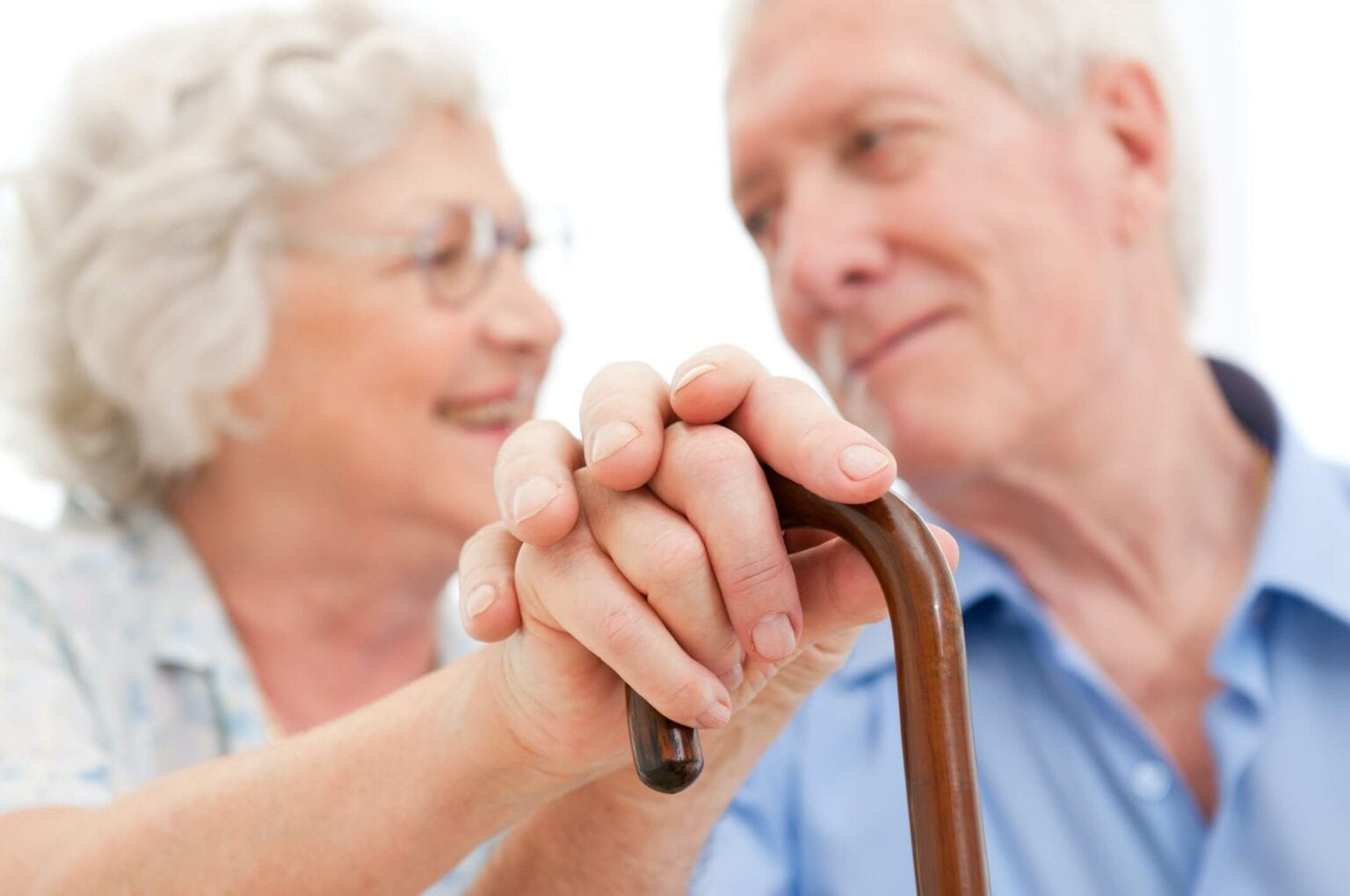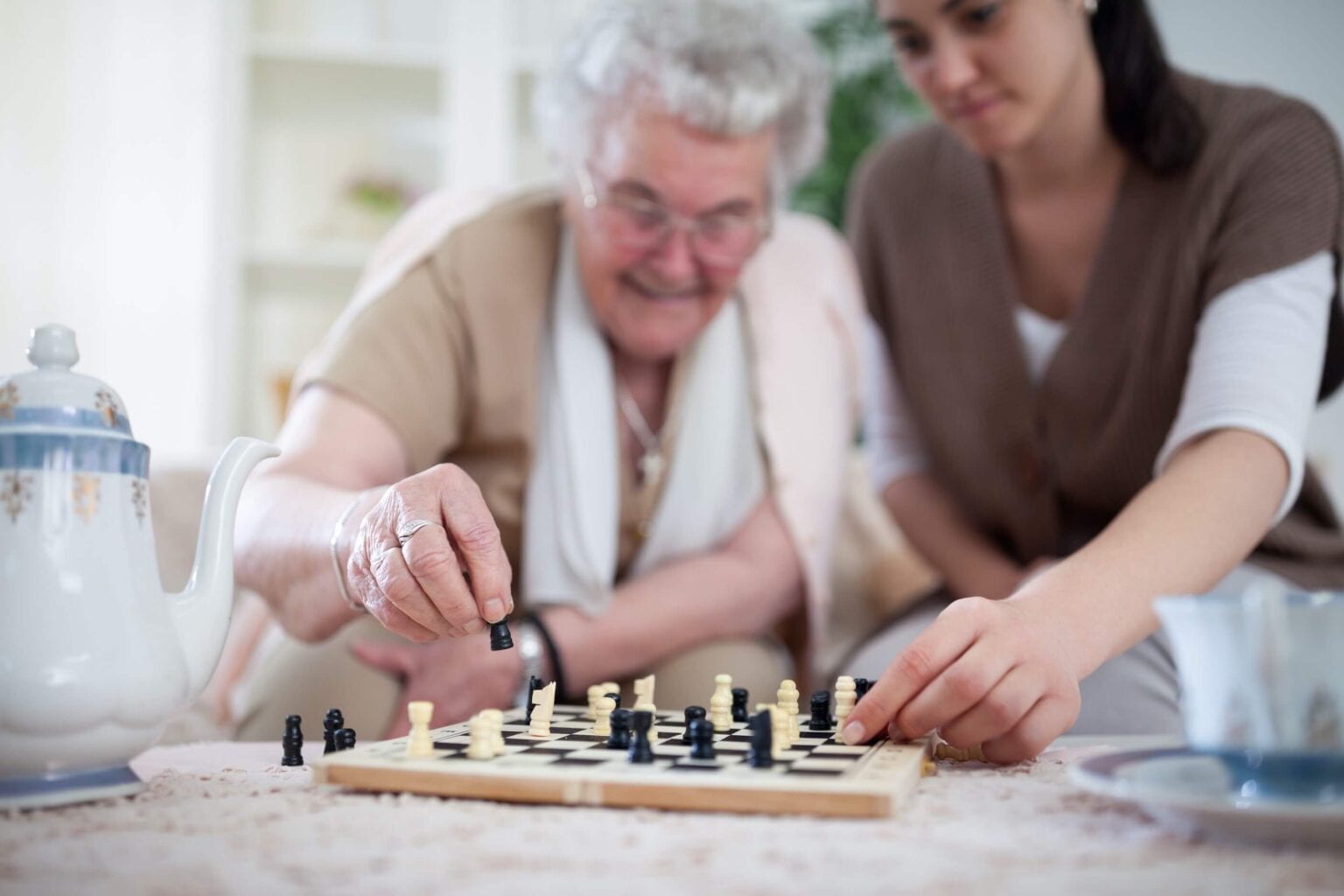Help for elderly living at home can mean a wish come true. Many elderly people are heard expressing their desire to continue living in their own homes with as much independence as their health will allow. A call for help is often difficult to admit for fear of losing independence. However, today there are a number of options available to elderly people to get the assistance they may need.
The help for elderly living at home depends on how much support there is from a spouse, relative or friend. The other two important determinants are general health and their financial situation. Often a change in lifestyle is what family or friends would recognise as an indication that they need extra support and assistance.
Signs that help is needed for elderly living at home
Many elderly people want to demonstrate their ability to continue managing their own lives, but the burden often falls on family to recognise when they are no longer able to cope alone. Here is a list of the signs that an elderly loved one isn’t coping with many day to day tasks:
- Their body odour indicates that they are not taking a regular bath or shower
- The laundry pile is growing daily
- The house is no longer the clean and tidy place it once was
- Hoarding of objects and general waste
- Loss of interest in keeping up with their hobbies or interests – things that need time, energy and concentration
- Decline in personal grooming
- Not taking medication or administering the incorrect dose
- Losing weight – a sign of ill health or poor diet
In addition to addressing the symptoms of needing help for elderly living at home, adapting their home could also build confidence in coping with daily activities. These could be addressing emotional needs, having food delivered, installing hand rails and putting strategies in plus in case of an emergency.
Companionship care
There is one very important aspect of growing old that is often over looked when considering a home care plan and that is the need for companionship. The feeling of loneliness can have ill health consequences. Research has shown that loneliness increases the risk of an untimely death by 45% among the elderly, according to a study by the University of California. An elderly person needs to have someone that will listen and offer words of encouragement to boost their morale. There are so many ways of reaching out to an elderly relative particularly now that we live in an era where so many have smartphones. Face-timing, sending regular messages, emails and a phone call are just some ways a family can remain connected with an elderly relative. Companionship is a basic human need that we all require and is more than communication through the realms of technology, but a physical presence too. Companionship will help to release the ‘happy’ hormone, serotonin which regulates the mood, prevents depression and makes you feel good about yourself and the world around you. Serotonin can be released by getting exposed to sunlight, eating foods rich in carbohydrates, genuine companionship and by exercising.
Companionship care can help keep an elderly person active, engaged in their hobbies and give them a purpose to live a fulfilled live. Home care workers can help arrange regular visits to the local community centre, library or leisure centre – all are ways home carers help nurture a sense of belonging and purpose. Companionship helps maintain a social connection that keeps the mind active and engage.
Today’s elderly have many resources available to them to help make life easier as they continue living independently. One of which is a homecare providers who are trained to positively impact every aspect of an elderly persons life.
Schedule a free assessment
Get in touch to speak with our care team about your ideal care plan.



